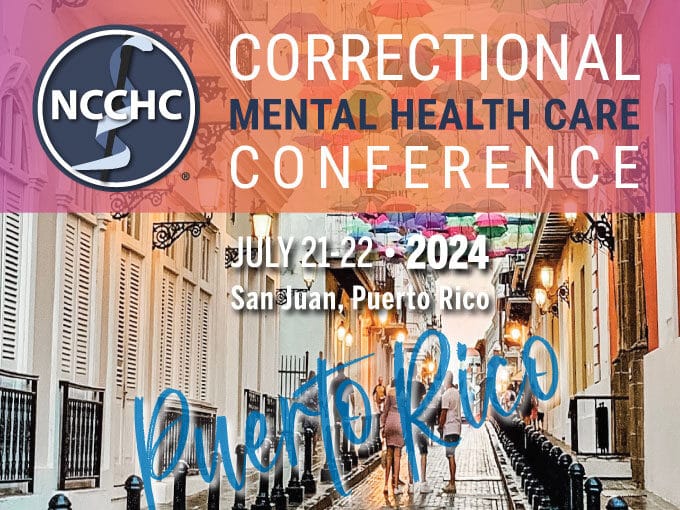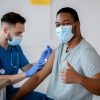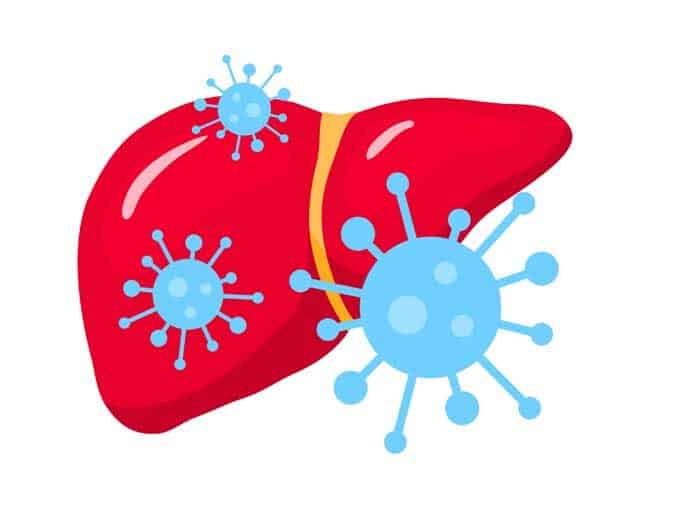
Say hola to Puerto Rico
The 2024 Correctional Mental Health Care Conference will be held in sunny San Juan!
Home Vaccines, Variants, and Boosters: What You Should Know
 Aug 27, 2021
Aug 27, 2021As management of COVID continues to roil communities worldwide, we are seeing an increase in infections caused by new variants, especially in communities with low vaccination prevalence. This pattern will certainly continue, and the resurgence is yet another wake-up call to get serious about infection control measures, the most important of which is vaccination.
Let’s start with a few comments about variants and what they are. Viruses undergo mutations as they reproduce. Unfortunately, with more opportunities to replicate, a mutation can eventually occur that leads to a virus that is resistant to vaccination or treatment. The resistance may be as simple as a modified surface or spike protein, but it’s important because it helps it evade the body’s defenses. With a large unvaccinated or partially vaccinated population, there are more individual virus particles in circulation. The resulting number of mutants increases the probability of a resistant or deadly mutant appearing.*
As a preventive medicine physician, I am a big advocate for vaccines. I’ve never seriously questioned their value, safety, or efficacy. Some vaccines, including COVID vaccines, have limitations and, yes, there are rare occurrences of adverse events. But everything we do in life carries risk and has varying levels of efficacy. Driving is arguably the most dangerous thing we do in a day and we don’t give it a second thought. We are comfortable, I believe, because we know the risk and we accept it because the benefit is worth it. Why would we expect vaccines to be any different?
My parents were raised in the age of measles, mumps, rubella, polio, and other diseases we don’t experience much these days. In one poignant example, I clearly remember my good friend’s mother had been permanently disabled from polio. Like President Franklin D. Roosevelt, she struggled with walking ever since contracting polio, presumably as a child. Based on these experiences and others, it has never been a question in my family to get vaccinated.
For those still wavering, the recent full approval of the Pfizer vaccine relied on more than 300,000 pages of research evidence and, with the available supply, it’s easier than ever.
There is now a lot of talk about boosters and who needs one. I have long suspected that boosting immunity would be needed to support maximum resistance to infection. My advice is to pay attention to the latest developments and get a booster when you are eligible.
The greatest vaccines in the world will be effective only if enough people take them. Importantly, when a population does not reach a level of prevalence of vaccination (the precise proportion is an area of discussion), everyone in the population is at risk for infection and illness by a novel variant, including the vaccinated. Please get vaccinated if you are eligible and help us eradicate the pandemic once and for all.
Resources for COVID-19 Vaccine Education for Staff and Incarcerated
By Brent Gibson, MD, MPH, CCHP-P
Managing Director, NCCHC Resources, Inc.


